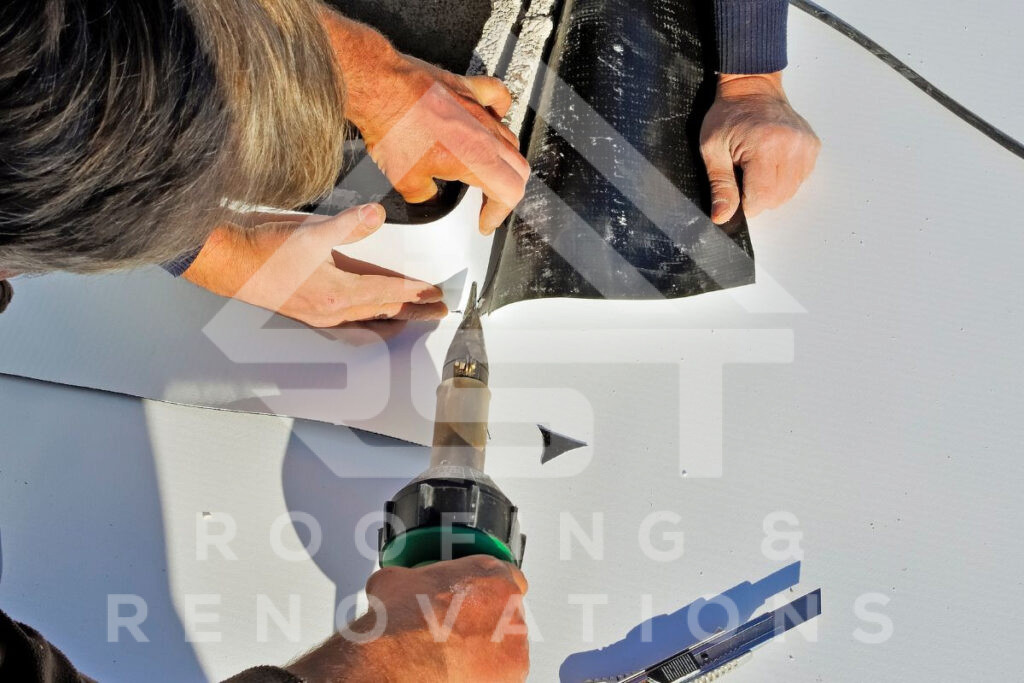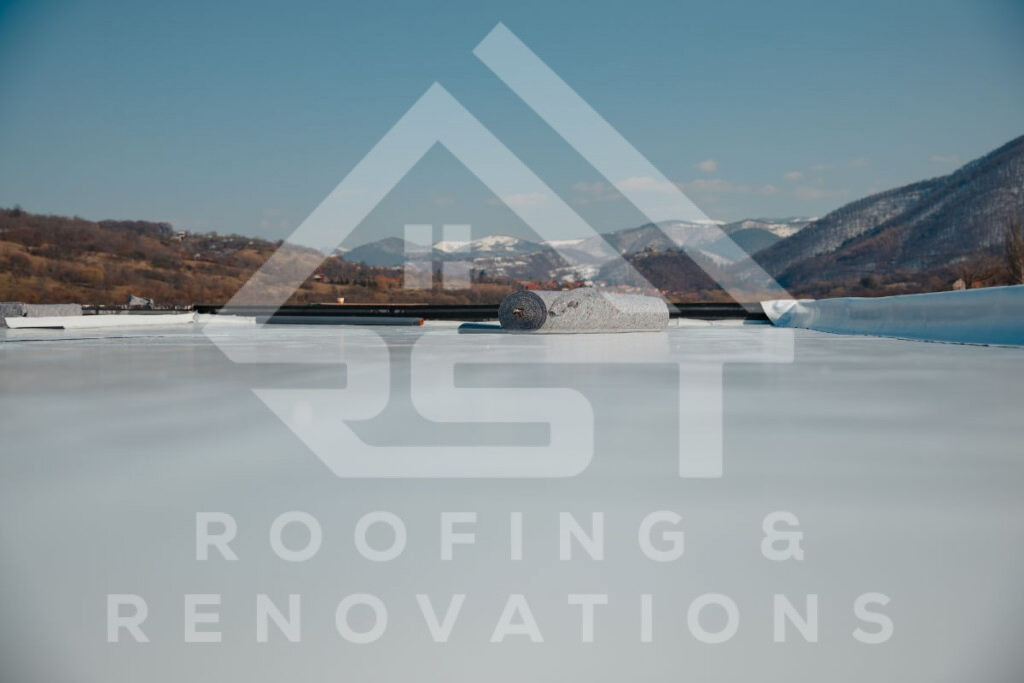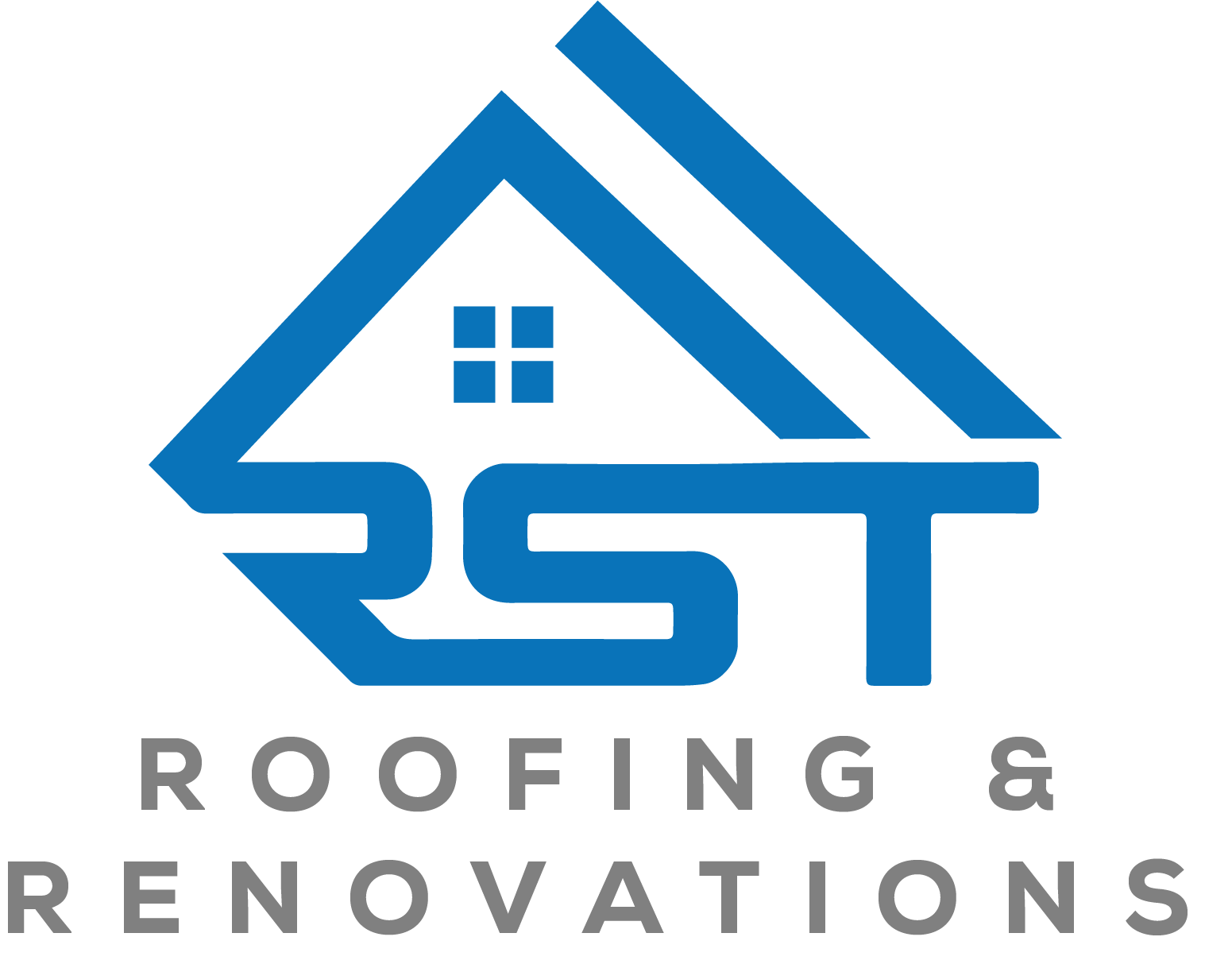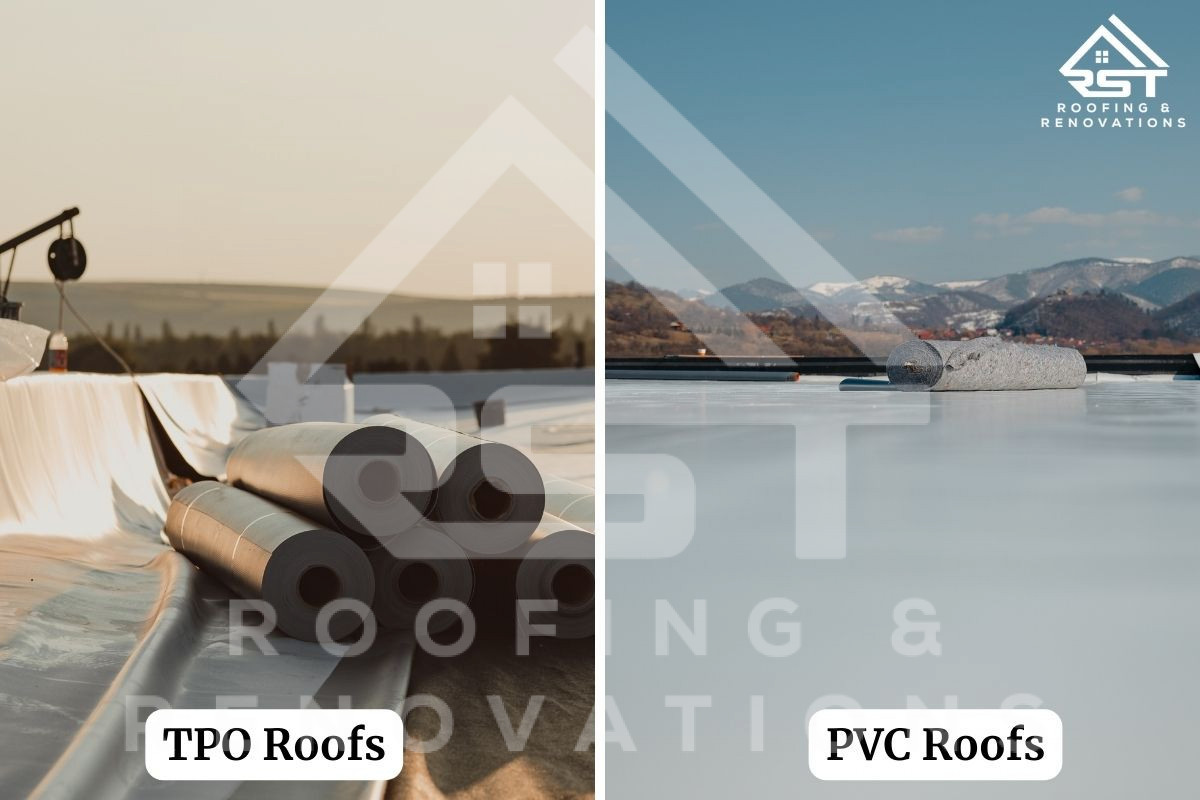What kind of roofing material is best for your commercial property– TPO or PVC? The answer will depend on your specific requirements, local weather conditions, and your regular business activities.
TPO and PVC are both highly preferred options for commercial and industrial properties requiring long-term roofing solutions. In this blog post, we will weigh PVC and TPO roofing systems based on their pros, cons, and long-term cost considerations.
Continue reading to learn more about these popular commercial roofing options!
Brief Overview of Thermoplastic Polyolefin (TPO) Roofs

A TPO roofing membrane is a single-ply roofing membrane that is made of ethylene propylene rubber integrated with polypropylene. It possesses reflective properties and tends to be more eco-friendly than other types of roofs on the market today. One distinct feature is its relatively light yet strong structure, making it a viable solution for larger facilities.
However, like any material, TPO does have one particular downside tied closely to its primary advantage. Its lightweight nature can sometimes make it less resistant to punctures caused by fallen debris or maintenance activities. Nevertheless, evolution in manufacturing techniques has helped improve this aspect considerably over time, enhancing its overall credibility within the industry.
Key Advantages Associated with TPO Roofs for Businesses
Circling around the key points, here are some benefits that TPO roofs offer:
- Durability: An optimized resistance towards UV rays, chemical exposure, and high temperatures ensures enhanced durability.
- Lower Installation Costs: This is compared to other types on the market due largely to its lesser weight per square foot, which facilitates easier transport and quicker setup.
- Meets Cool Roof Standards: Being predominantly white in color means they reflect sunlight rather than absorbing it, helping reduce cooling costs drastically.
- Recyclable: Unlike other membranes, TPO is 100% recyclable after its service life and contributes significantly to environmental conservation efforts.
In the battle against PVC roofs, these features grant TPO a cornerstone position in the industry with compelling eco-credentials to match.
Stay tuned as we venture next into understanding PVC and what benefits it offers in comparison.
Brief Overview of Polyvinyl Chloride (PVC) Roofs

One of the more recent introductions into the world of roofing materials is polyvinyl chloride, commonly known as PVC roofing systems. Like TPO, PVC is also a single-ply roofing membrane manufactured especially for flat or low-sloped structures. Developed during the 1960s, PVC roofing membranes exhibit excellent resistance to water, fire, and wind damage. This resilience has propelled it to popularity within commercial and industrial settings.
Trying to understand why business owners and contractors opt for PVC roofing systems when other options exist on the market? Let us lay out the benefits associated with this roofing material.
The Benefits That PVC Roofs Bring To Commercial And Industrial Buildings
- Durability: Firstly, durability stands as one of the key selling points for PVC roofs. When compared to other materials on average lifespan alone, they frequently outperform their expected service life—often exceeding 20 to 30 years with little to no physical damage.
- Fire Resistant Properties: In addition to durability, this material displays admirable resistance to fire exposure. This is a critical component in maintaining safety within large complex buildings like factories or warehouses. A building with a PVC roof installed has additional flame-retardant properties, which enhances overall safety for employees and customers.
- Resistance To Chemical Exposure: For industries consistently dealing with chemical substances, like processing plants, this material is ideal due to how well it mitigates damages from such exposures.
- Cost-Effectiveness Over Time: High-quality PVC roofing membranes from leading manufacturers have been proven to deliver good performance for at least 30 years. When you consider longevity and reduced maintenance requirements, it’s cost-effective over the long term despite steeper upfront costs.
Although your specific conditions or industry might influence your final decision, there’s no denying that PVC roofing solutions provide a strong and sturdy option for business owners requiring dependable coverage for their building.
TPO vs. PVC Roofing – Factors for Consider in Material Selection
When deciding between PVC and TPO roofing membranes, several key factors must be taken into account. These parameters not only determine the longevity of a roofing system but also have a direct impact on your business’s operational costs.
Let’s compare different factors that should affect your decision.
Cost Considerations
The installation process largely influences the cost of both TPO and PVC membranes. However, average pricing does vary slightly. According to recent data, installing TPO roofs can range anywhere between $4 to $6 per square foot whereas PVC costs lie between $6 to $9 per square foot.
Financial decisions shouldn’t purely revolve around initial installation costs, they should factor in long-term expenses like maintenance and potential repairs too. The decision making process becomes clearer considering these variables – an initially more expensive option could offer superior value over its cheaper alternatives in the long run.
Durability
Comparing durability is important when examining the pros and cons associated with different types of commercial roofing systems. A significant part of this analysis involves looking into how materials interact with environmental conditions, such as rain, snow, sunlight exposure, and temperature fluctuations.
PVC is recognized for its superior resistance against chemicals, grease, fire, winds, and punctures. It inherently possesses these robust qualities due to its composition (primarily, unplasticized polyvinyl chloride). On the other hand, while TPO doesn’t match up perfectly against PVC’s chemical resistance or toughness capacity, it compensates by being notably flexible, which helps resist cracks under fluctuating temperatures.
Evaluating your unique needs will help guide you towards choosing a suitable material that provides optimum durability.
Energy Efficiency
Energy conscious businesses often prefer cool roof products that significantly reduce HVAC-related energy costs. Both TPO and PVC roofs have white color options, which reflect more sunlight, keeping your building cooler in warmer climates and indirectly contributing to a lower carbon footprint.
That said, while both materials are energy-efficient, third-party testing suggests TPO might offer a slight edge over PVC in terms of solar reflectance index (SRI) values. This difference would translate into minor but measurable energy savings over the roof’s lifetime.
Maintenance and Long-Term Care
Roof maintenance plays an essential role in strengthening durability and prolonging the structure’s lifespan. Neglecting it can lead to catastrophic consequences such as leaks or major damages in severe cases. But rest assured, neither TPO nor PVC require significant upkeep throughout their lifecycle.
Both roofing systems may occasionally need professional cleaning or minor patching for small punctures. However, regularly scheduled inspections remain critical as they facilitate early detection of potential issues, preemptively avoiding any major problems.
Ultimately, it’s important to consider all the above mentioned factors before choosing. Balancing initial cost considerations against long-term benefits is vital to making a sound decision about your roofing investment. The best way to ensure maximum benefits is by consulting a reliable commercial roofing contractor in your area.
Choose Between TPO and PVC With Our Commercial Roofing Experts!
At RST Roofing and Renovation, we want every business in the area to flourish under our safe and durable commercial roofing systems. We make sure our fellow business owners don’t have to spend an unnecessary amount of time and money on frequent roof repairs, hefty maintenance, and urgent replacements. If you are looking for a commercial roof installation in Atlanta, GA, we will help you choose the right materials, either TPO, PVC, or something else, and provide high-quality services. Call us at (404) 548-8901, and discuss your roofing needs with our experts.





